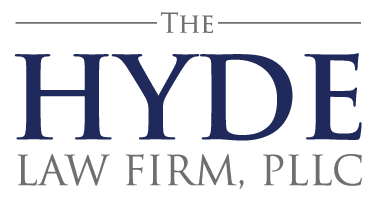Recent surveys indicate 60% or more of us do not have any sort of estate planning in place, not even a will, but younger generations are starting to see the value in at least having a will in place with a surprising 63% increase since 2020. Currently, the 18-34 age group are more likely to have a will than 35-54 year-olds.
The Basics
A Will helps protect your family’s financial future by distributing your property and resources according to your wishes after your death, but what if you become unable to make decisions or advocate for yourself due to illness, injury or mental decline. Does your family know your wishes? Will they abide by them? Having an Advance Directive (Living Will), Medical Power of Attorney and HIPPA Release in place will allow you to designate who you want to make medical decisions for you and what actions you want taken in the case of a terminal illness. A Financial Power of Attorney should also be in place for the same reason. You can designate someone you trust to make financial decisions if you are not able.
Trusts
Trusts provide even more protection for your assets serving to reduce estate taxes and allow the distribution of your assets according to your wishes outside of the probate process, saving your heirs months of waiting. There are a multitude of trusts available depending on your needs. A Revocable Living Trust provides a single place to consolidate all of your assets, reduce estate taxes, and unlike probate, maintain your family’s privacy. A Special Needs Trust allows you to provide for a special needs child or adult without jeopardizing government benefits. An IRA Inheritance Trust could provide a lifetime of steady income for your heirs. A Gun Trust can preserve these family heirlooms. See our Wills and Trusts section for additional information.
More Asset Options
Additional options for having your assets pass outside of probate include:



